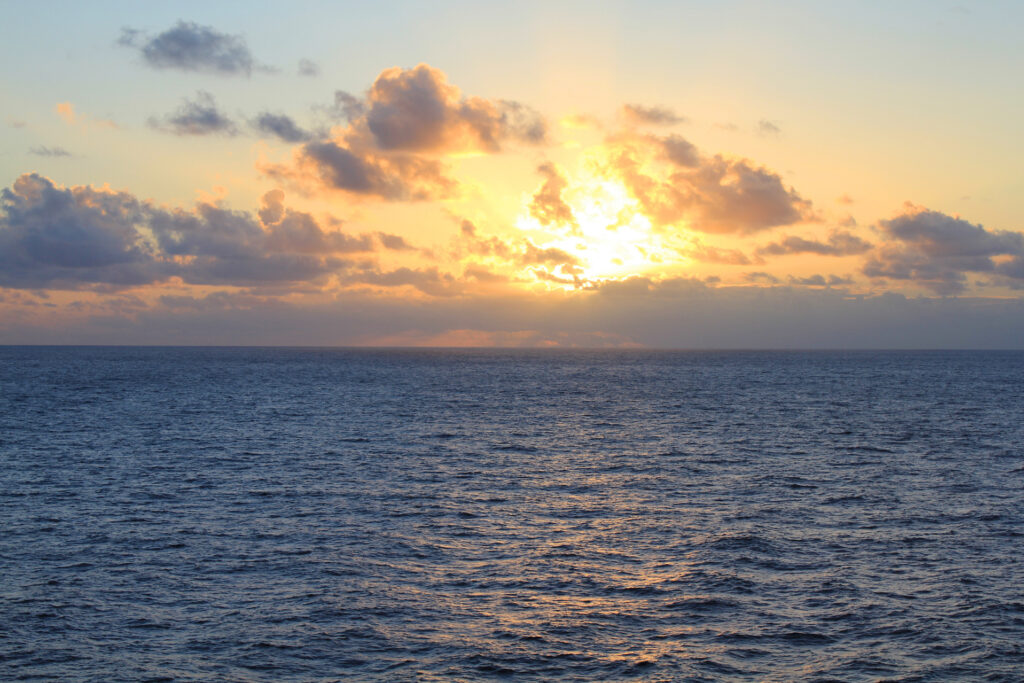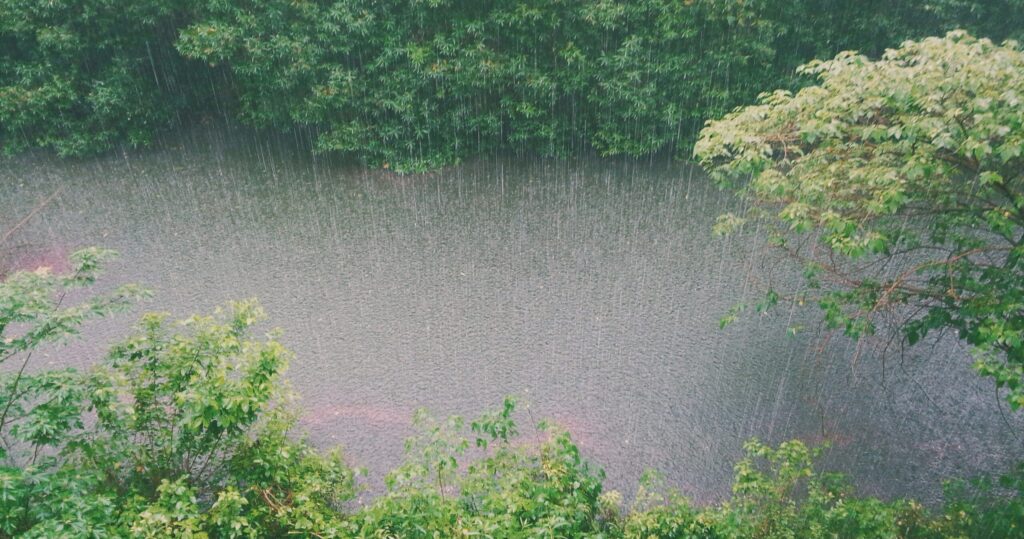With a /t of the h to Roger Pielke Jr., we bring you a paper with the sort of title that leaves us scratching our heads while the message of the contents is simple enough. Called “Surprising, but not unexpected, multi-decadal pause in Arctic sea ice loss” this new study by UK and US scientists reports that ever since the experts started warning the Arctic would soon be ice free, the ice stopped melting, which was surprising but not the least bit surprising, climate models do a good job of explaining it except for the fact that they don’t explain it very well, and now that it’s happened scientists are pretty sure it’s happening. They even have theories why, such as that the climate is complicated and full of surprises. Gosh. Really? Who knew?
The scientists review the available data on both sea ice area and sea ice volume in the Arctic and report that from 2005 to 2024 the September ice data shows no downward trend. The rate of loss of Arctic sea ice slowed down after 2005, right around the time when experts started warning that the ice would soon be gone. They note the very low levels of Arctic sea ice in 2007 and 2012 and observe that these events gave rise to forecasts “which with hindsight look overly alarmist”, namely that the Arctic would be ice-free in summer by 2020. Overly alarmist indeed.
Then the authors note that after examining hundreds of climate model runs they found about 20 percent of them contain at least one 15-year pause in Arctic sea ice loss even while the climate is warming. So it can happen, they conclude. And those same models say it could continue for another 5-10 years, even with continued warming. Meaning Arctic ice isn’t a reliable measure of warming, at least not if it’s not melting. But how can it be since we were told over and over that it was a reliable measure when it was melting?
Well, it turns out Arctic sea ice isn’t just a giant thermometer. Instead it responds to a lot of influences including natural variability. Unfortunately, the authors note, almost all climate models show too much sensitivity of ice coverage to greenhouse warming, even if some models offset the excessive effects of greenhouse warming with equally excessive cooling from aerosols so they balance out, getting answers that are occasionally right for the wrong reasons.
The bottom line is that, on average, most models did not project the slowdown in Arctic melting, nor did most climate experts. On the contrary, many experts confidently predicted the opposite. These authors don’t presume to forecast what will happen over the next decade. Instead they point out that the models say it’s possible Arctic sea ice may continue to stick around rather than melting. Most do not but some do.
So no matter what ends up happening they will get to point to it after and say See? Told ya! And whatever happens it will be a surprise, but not unexpected.



At least the bears are safe! For now
How about this. When it comes to 'climate change', no one can honestly call themselves 'experts " unless they have personally lived in every climate on the planet for a minimum of say 30 years in each location. Took extensive notes and readings in each location. Than compiled their findings and first hand observations. That should only take another 5 to 20 years. And this is just land based observations. You would also need to spend 3 to 5 decades studying the ocean currents and temperature variations and it effects on land based weather. Accomplish all this,, and I think we can call you an EXPERT.
So let's say 300 to 500 years of studying and personal observations should do just fine.